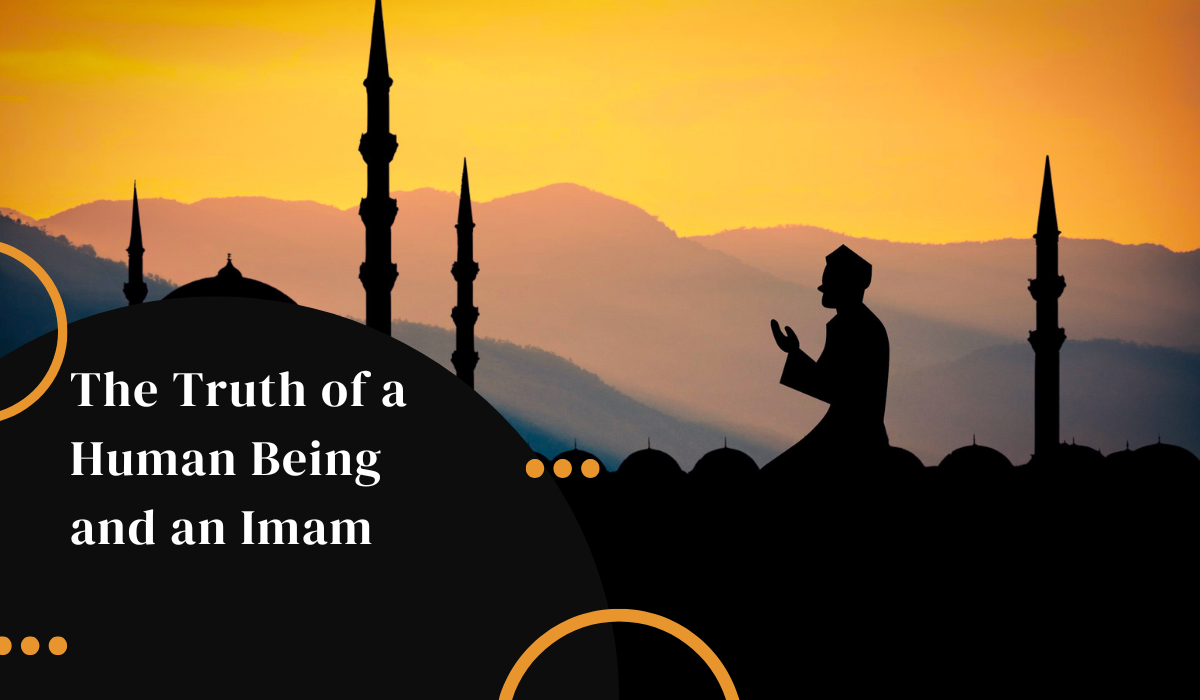The spiritual essence of both humans and imams in Islam. While humans are often viewed from a physical perspective, their true identity lies in their spirituality, connection with Allah, and adherence to moral principles. Similarly, an imam, as a spiritual leader, guides not only in religious practices but also in spiritual growth and goodness.
The True Identity of a Human Being
The foundation of a person’s true identity is their spirituality. It is the spirit that connects them to Allah and in this connection they find their true purpose. A person’s moral character also plays an important role. Islam teaches that qualities such as kindness, justice, patience and humility are essential to the formation of a person’s true identity. The way a person interacts with others reveals their inner state and harmony with divine principles.
Furthermore, knowledge and wisdom are key to understanding one’s identity. Islam encourages people to seek knowledge in order to better understand themselves, the world around them and the commands of Allah. Finally, the purpose of life is very important in determining a person’s true identity. A person’s life revolves around worship, service to others and striving to live a righteous life according to the teachings of Islam.
The True Identity of an Imam
The true identity of an Imam lies in their deep spirituality, knowledge, and compassion. They are not just religious teachers, but also leaders who understand human nature, offer moral and spiritual guidance, and inspire others to live righteous lives. An Imam’s knowledge of God connects them to Allah, ensuring that their actions reflect His commandments. At the heart of their identity is humility, compassion, and service to the community, helping others grow in faith. Ultimately, an Imam embodies the values of Islam, and leads others to a life of God’s pleasure.
An Imam’s true identity also lies in their role as a role model for society. Their actions, words, and character reflect the teachings of Islam, guiding others to embody these principles in their own lives. Through their wisdom and humility, they foster a sense of unity and peace, helping their followers face life’s challenges with faith and resilience. An Imam’s life is dedicated not only to spreading knowledge but also to the spiritual development of others, reminding them of their purpose to serve Allah and live with integrity. Thus, the Imam becomes a cornerstone of spiritual and moral guidance.
Common Spiritual Principles between Humans and Imams
Both humans and imams share fundamental spiritual principles that guide their lives and actions. The most important of these is theism, which emphasizes a deep awareness of Allah in all aspects of life. For both, this connection to the divine shapes their thoughts, behaviors, and decisions. Another common principle is moral character, which demands kindness, honesty, justice, and humility. Whether human or imam, acting with good character is a reflection of their true spiritual essence.
Furthermore, the pursuit of knowledge and wisdom is common, as both strive to understand and implement divine teachings. The imam, as spiritual leader, leads by example, while humans are encouraged to seek knowledge to strengthen their faith. Finally, both are committed to serving others. The human, through daily acts of kindness, and the imam, by providing guidance, nurturing society, and ensuring that people remain on the right path. These spiritual principles unite humans and Imams in their common journey to live in the pleasure of Allah.

